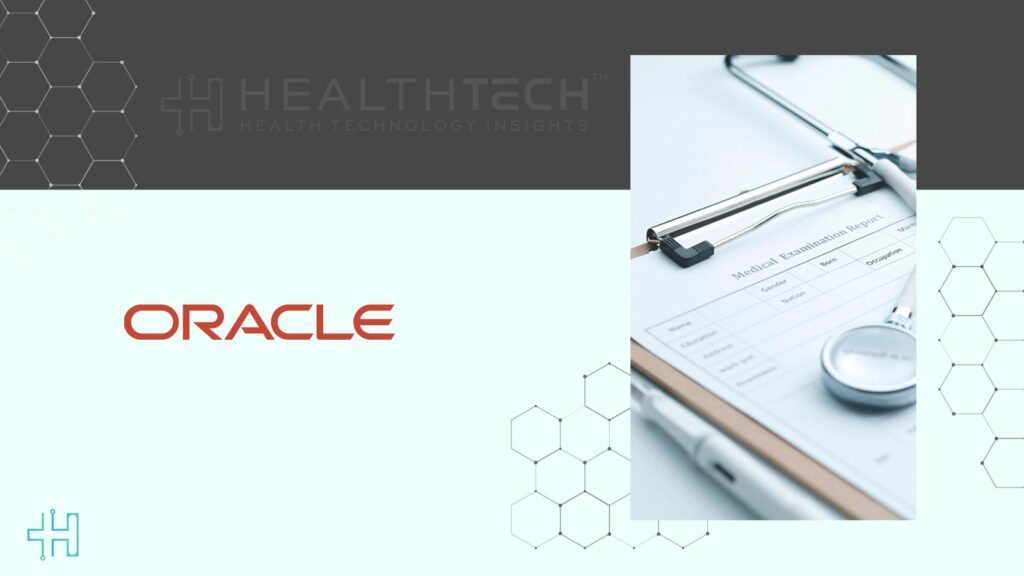At the upcoming Oracle Health and Life Sciences Summit, Oracle introduced new AI features that will soon be available in its Oracle Health Patient Portal. Patients who access their full medical records through the portal will be able to use AI-powered tools that give easy-to-understand explanations of medical diagnoses, test results, and treatment plans. Instead of dealing with difficult medical terms, users can ask simple questions like “What does this abbreviation mean?” or “Can you explain my latest cholesterol test result?” The AI will offer quick, relevant answers, making it easier for patients to understand and manage their health.
Health Technology Insights: Brook.ai Boosts HEDIS Scores for Rural Healthcare Providers
These new features follow Oracle’s recent release of an AI-enhanced electronic health record system aimed at helping clinicians quickly find important information during patient consultations. Adding OpenAI technology to the patient portal is part of Oracle’s larger plan to bring conversational AI into various areas of healthcare. This approach is designed to give both patients and healthcare professionals clear, useful information that leads to better health outcomes.
Health Technology Insights: Livmor Launches AgentIQ: AI Medicare Platform for AEP
Seema Verma, Executive Vice President and General Manager of Oracle Health and Life Sciences, said that introducing AI similar to ChatGPT into the patient portal shows how advanced technology can safely provide patients with better health information. She highlighted that this conversational AI will help patients take a more active role in their care by making it easier to ask questions and understand their medical information. Verma pointed out that this increased involvement is key for helping patients follow their treatment plans and achieve better satisfaction and more personalized care.
With these AI tools, patients using the Oracle Health Patient Portal can better understand complex lab results. For example, if a report shows something like “eGFR: 52,” the AI can explain what this number means and why it’s important. The portal also converts medical jargon into simple language so that conditions like “hypertensive heart disease” become easier to understand. Patients can also prepare for their doctor visits by asking about their lab results or medications, such as how a recent prescription might impact blood sugar levels or what to talk about regarding blood pressure management.
Moreover, the AI can help users write clear messages to send to their healthcare providers through the portal’s secure messaging system. It also makes scheduling easier by offering appointment options and alternative times to make booking follow-ups more convenient. Importantly, while the AI uses OpenAI’s advanced models, it does not store any personal medical information or give specific medical advice or treatment suggestions. Instead, the AI focuses on explaining medical information and helping patients prepare for conversations with their care team. All AI-generated responses in the portal will be clearly labeled and include references to their sources to ensure transparency and build trust.
This new AI-enhanced patient portal represents a major step toward making healthcare more accessible and easier to understand, helping patients take an active role in their own health journey.
Health Technology Insights: EQUASHIELD Unveils CellSHIELD for Cell and Gene Therapy
To participate in our interviews, please write to our HealthTech Media Room at sudipto@intentamplify.com








